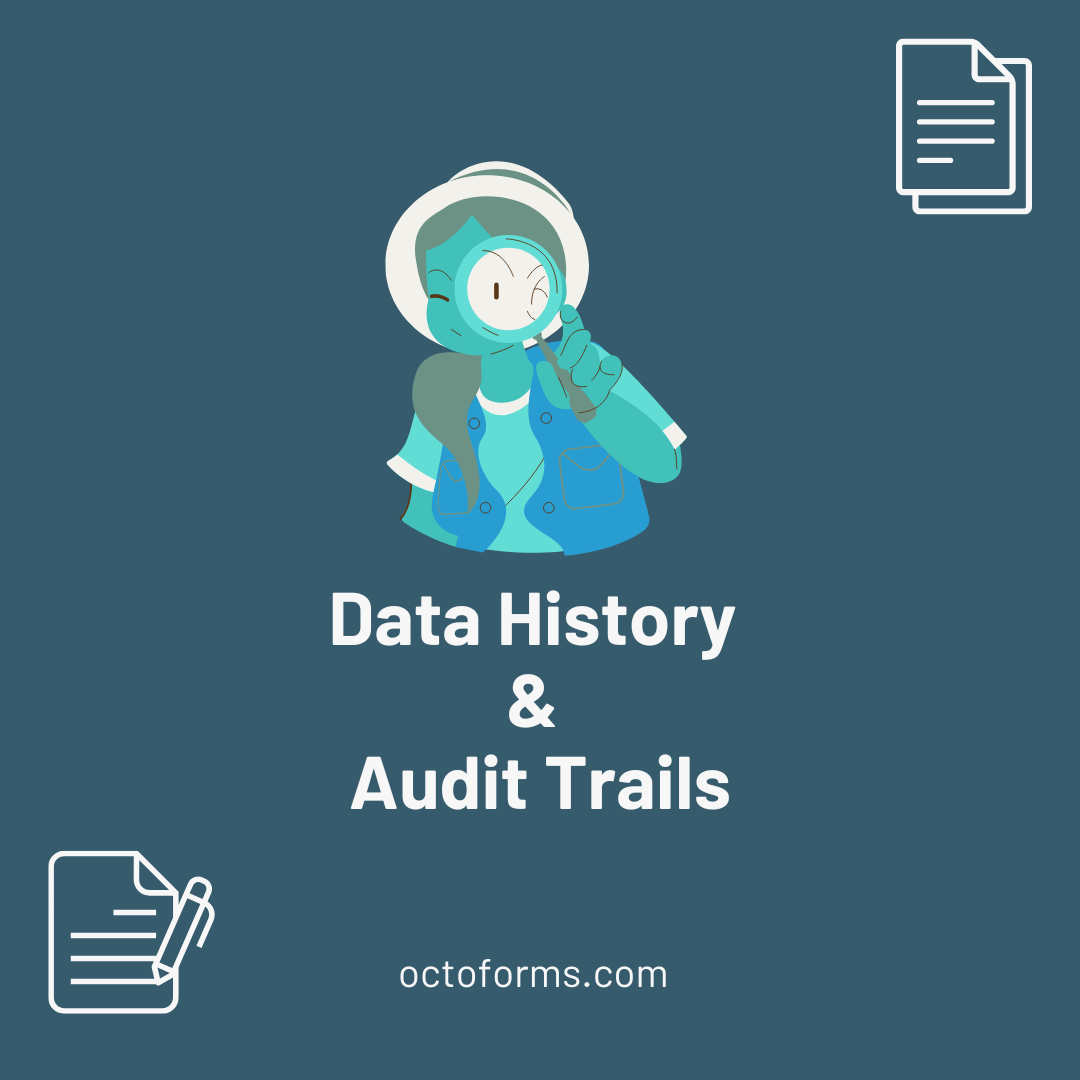In today’s fast-paced digital world, transparency and accountability are critical for organizations. Whether it involves financial transactions, healthcare records, or IT systems, understanding who performed specific actions and when they occurred is vital for maintaining trust and compliance.
This is where audit trails come into play. They provide a chronological record of activities that helps organizations track, monitor, and review actions within their systems. Here’s why audit trails are indispensable and why knowing “who did what” matters so much.
For a tutorial on how to view your audit trail on Octoforms see: Form History And Audit Trails Tutorial










